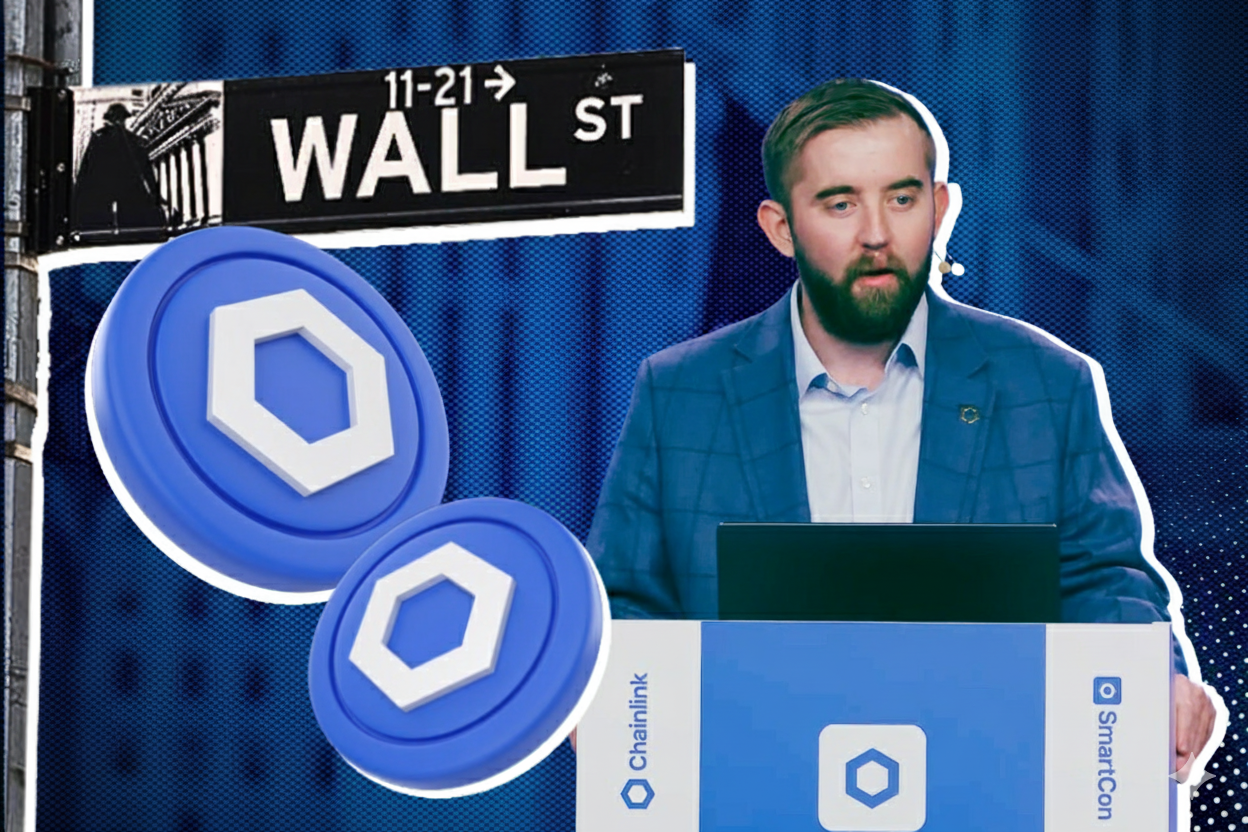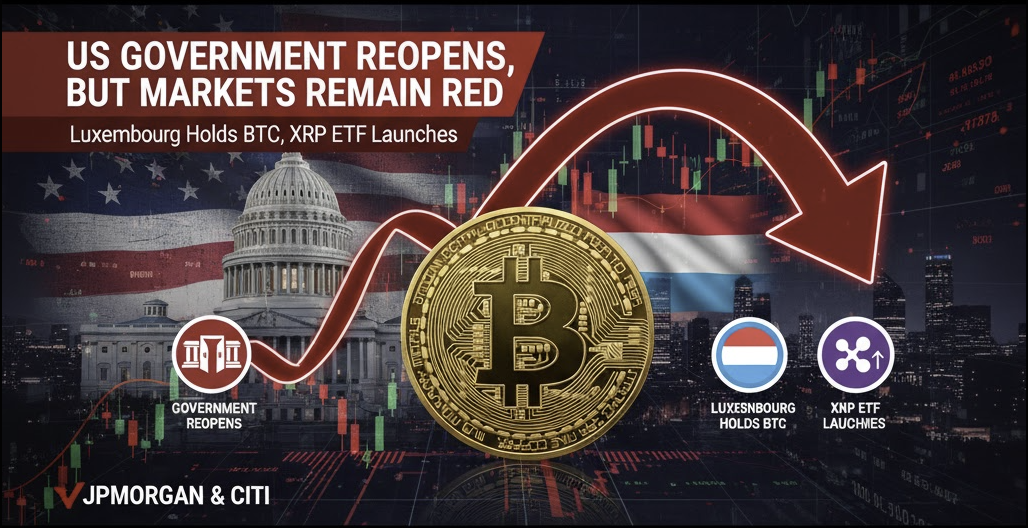Renewed tensions in the Middle East are sending ripples of concern through global markets, raising fears of rising oil prices, inflationary pressures, and the potential for an economic recession. Market volatility continues to be a dominant theme.
Market Overview
US equities closed lower across all three major indices on Friday, June 13th, as the Israeli conflict's tensions persisted. In stark contrast, both oil and gold saw significant gains, rising to around $73 per barrel and $3452 per ounce, respectively.

Bitcoin experienced a slight recovery, reaching approximately $106,000 yesterday. However, many top altcoins continued to decline. The overall cryptocurrency market capitalization stood at $3.4 trillion.

Spot ETF Flows
US Bitcoin spot ETFs ended Friday with continued inflows, attracting $301.7 million. Conversely, ETH spot ETFs saw a small outflow of $2.1 million, indicating a divergence in investor sentiment between the two largest cryptocurrencies within the ETF landscape.

Oil Markets, Inflation, and Bitcoin's Role Amid Global Instability
Market anxieties are heightened by the escalating conflict between two Middle Eastern nations. Israel confirmed that Iran launched missiles targeting its territory, while Iran declared its non-participation in upcoming nuclear talks with the US. Iranian media reported two explosions near the Fordo nuclear facility. The US was pre-briefed by Israel on "Operation Rising Lion" but did not participate. This escalating tension has pushed oil prices up by over 7%, surpassing $73 per barrel, fueling concerns about potential inflationary risks.
The contract price for oil yesterday was around $73 per barrel—a level considered moderate compared to the fluctuations over the past two years. However, the strong recovery in oil prices after falling below $60 is raising concerns about a potential resurgence of inflation. Oil is not only a fuel for vehicles but also a crucial input for transportation and manufacturing. Therefore, fluctuations in oil prices can have a cascading effect across the entire economy.
While many are concerned about rising inflation risks, it's essential to distinguish between indices like CPI and core CPI (which excludes energy and food). Factors such as oil and food prices are often influenced by short-term shocks, ranging from wars and natural disasters to pandemics, and thus may not accurately reflect underlying inflationary trends. The US government still possesses tools for intervention, such as releasing strategic oil reserves if necessary.
Therefore, while the upward momentum in oil prices might cause market anxiety, it's currently too early to conclude that inflation will make a strong comeback. This is particularly relevant in the context of the Federal Reserve (FED) showing no clear signs of cutting interest rates. The scenario for interest rate cuts is only expected to begin in September, after more definitive data becomes available.
For Bitcoin, many are questioning whether geopolitical tensions or inflation concerns impact its price. In reality, Bitcoin's recent price correction primarily stemmed from the liquidation of leveraged positions. In a 24-hour period, over $1.13 billion worth of positions were liquidated, with nearly $980 million being long positions. When the price drops significantly to a certain threshold, long positions are liquidated en masse, leading to a chain reaction and putting further downward pressure on the price.

However, the Bitcoin price subsequently recovered to above $105,000. Notably, this event led many, including individual investors, to recall the historical message Satoshi Nakamoto left in the Bitcoin genesis block, alluding to the 2008 financial crisis and the collapse of trust in the traditional financial system. On the same newspaper page, there was another piece of news: Israel prepared to deploy troops to Gaza, once again serving as a stark reminder that while the world may have changed, instability remains a constant presence.
Since 2008, wars have continued, banks have collapsed, and inflation has persistently eroded the value of fiat currencies. While many young people may perceive a peaceful world, the reality is that stability represents only a small fraction of humanity's vast history. When the world is in turmoil, "unconventional" assets like Bitcoin become symbols of value preservation and financial freedom.
The price volatility of Bitcoin is no longer an "anomaly" when compared to global fluctuations. Similarly, gold, traditionally a safe-haven asset, has surged nearly 49% in just the past year—a rare occurrence. These movements reflect that the financial world is grappling with deeper instabilities, and faith in the old system continues to be tested.
Bitcoin, throughout its more than a decade of existence, has consistently served as an inflation hedge, a safe haven, and has demonstrated superior growth compared to many traditional asset classes.
SEC Withdraws Gensler-Era Crypto Proposals
The US Securities and Exchange Commission (SEC) has officially announced the withdrawal of several proposed regulations related to the crypto sector, which were initially put forth during former Chairman Gary Gensler's tenure.
One of the most contentious proposals aimed to expand the definition of "exchange" to encompass DeFi platforms. This drew significant opposition from within the industry due to concerns it would stifle the growth of decentralized finance. Specifically, experts from Paradigm argued that the only way for the SEC to build a reasonable regulatory framework for DeFi is to start anew and seriously consult with the community.

Furthermore, the SEC also withdrew a proposal that would have required financial advisors to custody crypto assets with licensed custodians. Under this proposal, if you were an investment advisor managing digital assets for clients, you would have been mandated to use the services of a bank or financial institution recognized by the SEC as a "qualified custodian." While seemingly logical, this effectively left small advisors and firms with little choice beyond a few large banks, which have historically been cautious or even entirely avoided the crypto space. This not only reduced competition within the industry but also created additional barriers for startups and small-to-medium-sized asset management companies looking to enter the market.
Other Key Crypto Updates
On June 9th, Tether minted an additional 1 billion USDT, indicating significant market demand for stablecoins within the crypto ecosystem. This continuous minting suggests a healthy appetite for liquidity in the digital asset space.
Walmart and Amazon are reportedly considering issuing their own stablecoins to save billions of dollars in bank transaction fees. In 2024, Amazon achieved global revenue of $638 billion, while Walmart recorded over $100 billion in e-commerce sales in 2023. Concurrently, Shopify has confirmed it will integrate USDC stablecoin payments before the end of 2025, marking a significant stride for stablecoins in the e-commerce sector. This move by major retailers and e-commerce platforms underscores the growing practical utility and mainstream adoption of digital currencies for everyday transactions.
Brazilian fintech company Meliuz has raised 180.08 million real (equivalent to $32.39 million) through a stock issuance aimed at acquiring more Bitcoin. This highlights the increasing trend of public companies allocating treasury reserves to digital assets.
Japanese company Remixpoint recently announced the purchase of an additional 56.8 Bitcoin for 887 million yen, increasing the company's total Bitcoin holdings to 1,038 BTC. This further demonstrates corporate interest in Bitcoin as a strategic asset.
Anthony Pompliano plans to raise $750 million through his new investment firm, ProCapBTC, with the primary goal of buying more Bitcoin. The firm will merge with SPAC Columbus Circle Capital 1, which already has $250 million. The plan includes $500 million from investors and $250 million in convertible debt, signaling robust institutional demand for Bitcoin exposure.
Invesco and Galaxy Digital have formed a trust fund – the initial step in preparing to file a Spot Solana ETF with the SEC. This move comes shortly after a Bloomberg expert predicted a 90% chance of a Solana ETF being approved, potentially as early as next month. If approved, Galaxy would join the race with other major players like Grayscale, VanEck, 21Shares, Canary, Bitwise, Franklin, and Fidelity, signaling a potential expansion of the spot crypto ETF market beyond Bitcoin and Ethereum.
JPMorgan has raised its price target for several Bitcoin mining companies, including CleanSpark, Riot Platforms, and MARA Holdings. JPMorgan predicts a 24% increase in Bitcoin's price and a 9% increase in the network's hashrate, reflecting a bullish outlook on the future of Bitcoin and its underlying infrastructure.
GameStop has increased the value of its convertible bond offering from $1.7 billion to $2.25 billion. The unsecured, interest-free, non-accreting bonds mature on June 15, 2032, and are convertible into GameStop shares at a premium, making them attractive if the stock price rises. While not directly crypto-related, this reflects broader capital market activities by companies with a significant retail investor following, a segment often overlapping with crypto interest.
Sources
- Bloomberg
- CoinDesk
- U.S. Treasury
- TradingView
- Reuters
- SEC
Disclaimer
This article is for informational purposes only and should not be considered financial advice. Please do your own research before making investment decisions.


.png)





